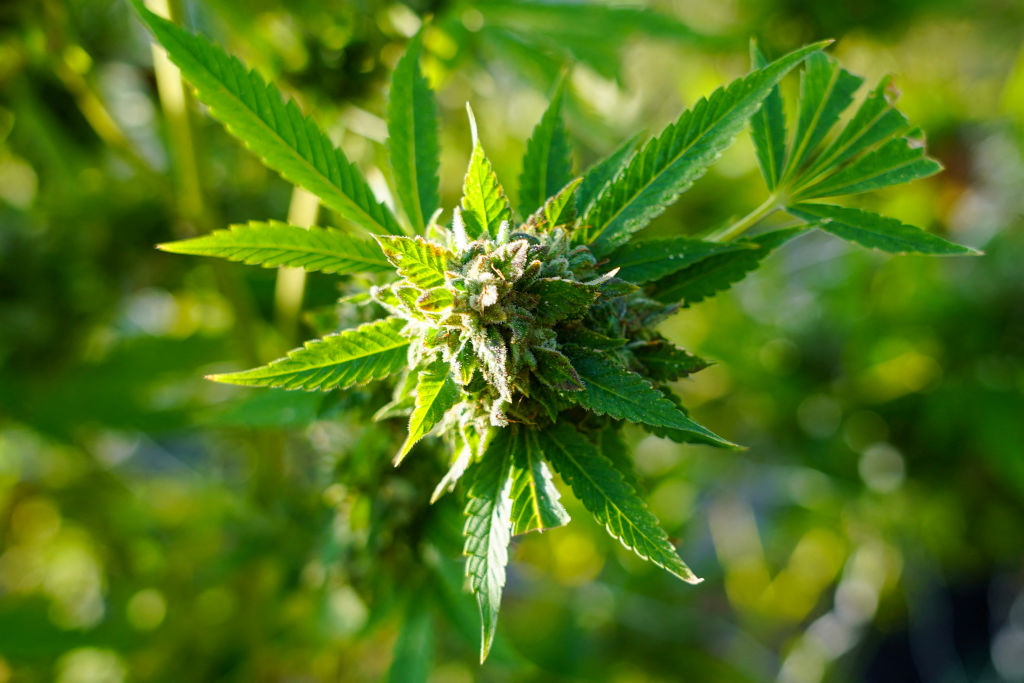
President Joe Biden announced on Friday that thousands of people convicted of use and simple possession of marijuana in Washington D.C. and on federal land would be eligible for pardons, as he continues to push for reform of the criminal justice system and marijuana laws.
Biden is also granting clemency to 11 people serving “disproportionately long” sentences for nonviolent drug offenses, who he said would receive significantly shorter sentences if they were convicted today. No federal prisoners will be eligible for release as a result of Friday’s action, the Associated Press noted.
“Criminal records for marijuana use and possession have imposed needless barriers to employment, housing, and educational opportunities,” Biden said in a statement published by the White House on Friday. “Too many lives have been upended because of our failed approach to marijuana. It’s time that we right these wrongs.”
While marijuana is illegal federally, the 50 states and D.C. have different laws on medical or recreational use. The U.S. Congressional Research Service has noted that a “significant divide has developed between federal and state regulation,” creating a legal labyrinth across the U.S.
Thirty-eight states and D.C. now have comprehensive medical marijuana programs, according to the National Conference of State Legislatures. Twenty-four states and D.C. have legalized adult recreational use.
Kentucky’s governor signed a law this year legalizing medical marijuana, but it won’t go into effect until 2025. However, the governor already signed an executive order allowing people with 21 different medical conditions to possess medical cannabis that was legally purchased in other states.
At the federal level, cannabis remains classified as a Schedule I substance under the Controlled Substances Act. Biden has noted that this means marijuana is classified as a more dangerous drug than the opioid fentanyl, which is driving the drug overdose epidemic that killed more than 100,000 Americans in 2022.
Last year, Biden issued a similar round of clemencies and directed his secretary of Health and Human Services and the Attorney General to initiate the administrative process to review how marijuana is scheduled. In August, health officials recommended to the Drug Enforcement Administration that marijuana be reclassified as a less dangerous Schedule III drug. Reclassification could be a step to broader legalization, Reuters noted.
Federal lawmakers haven’t reached agreement yet on what to do about marijuana. However, Congress did pass a law last year to facilitate research on marijuana for medical purposes.
In October, a Republican House Representative refiled a bill with bipartisan support to federally legalize marijuana after first introducing the legislation in 2021. A similar Democrat-led bill to decriminalize marijuana has passed in the House, but died in the Senate.
A majority of Americans––59%––reported in a Pew Research Center poll last year that marijuana should be legal for medical and recreational use by adults.
More Must-Reads from TIME
- Cybersecurity Experts Are Sounding the Alarm on DOGE
- Meet the 2025 Women of the Year
- The Harsh Truth About Disability Inclusion
- Why Do More Young Adults Have Cancer?
- Colman Domingo Leads With Radical Love
- How to Get Better at Doing Things Alone
- Michelle Zauner Stares Down the Darkness
Contact us at letters@time.com